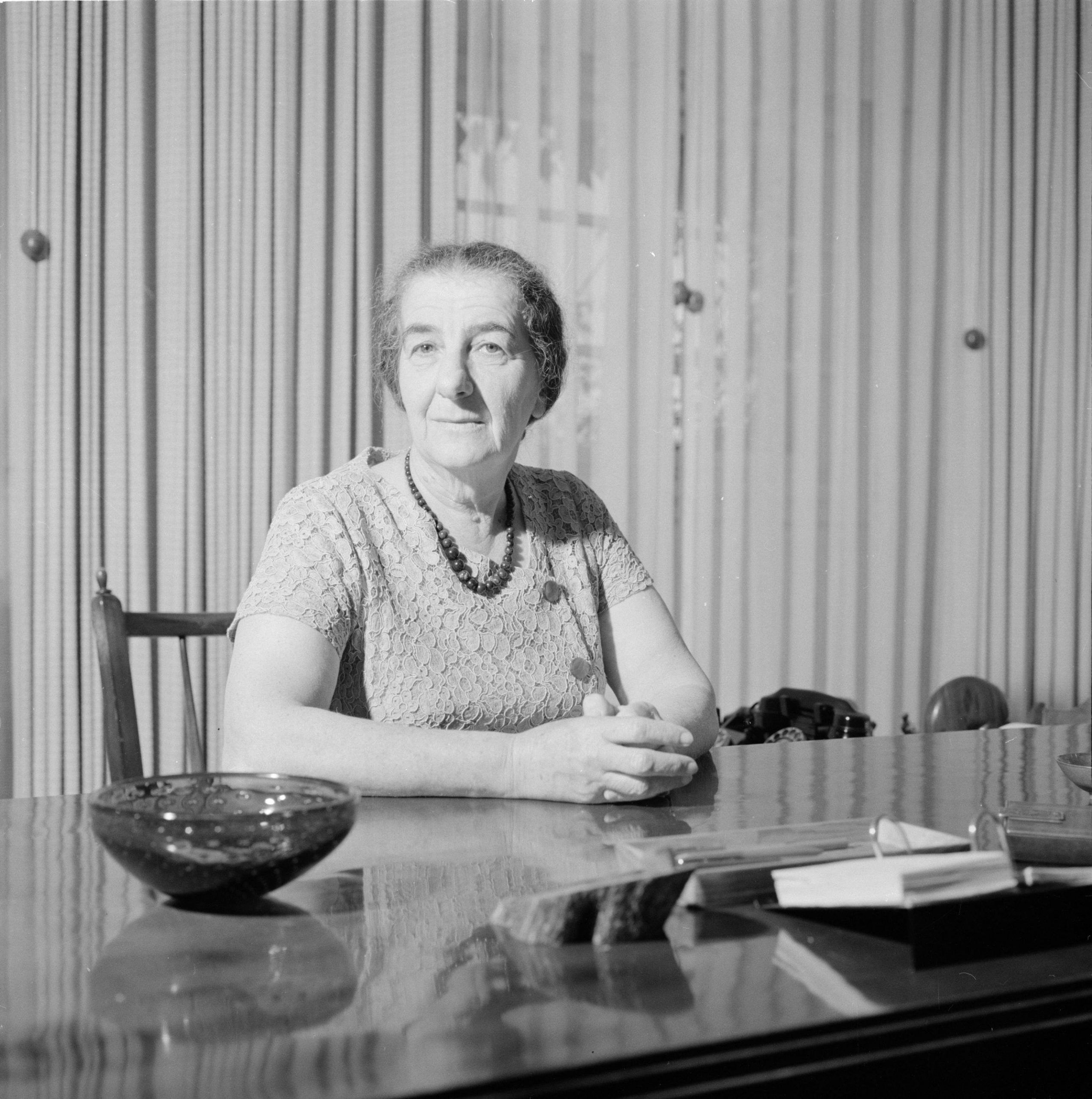
Culture Writer Molly Schoenfeld discusses the ways authentic casting has left out Jewish people, concluding that while it is a complex issue, it is one that needs to be brought to attention
Content Warning: mentions antisemitism and the Holocaust
Authentic casting has been one of the most prominent issues facing the film, theatre and television industry in recent years. In a nutshell, ‘authentic casting’ maintains that characters from minority groups should be played by actors with the same ethnicity, sexual identity, gender, or disability. Unlike ‘blind casting’ (which has taken a backseat recently), authentic casting encourages directors to make conscious casting decisions to maximise the authenticity of their characters.
“This casting choice has provoked intense debate about whether authentic casting should apply to Jewish characters
Yet, one minority group has mostly been excluded from the authentic casting debate until a few weeks ago: Jewish people. In early January 2022, it was revealed that Helen Mirren (a non-Jewish actor) has been casted to play an ex-Israeli Prime Minister, Golda Meir. This casting choice has provoked intense debate about whether authentic casting should apply to Jewish characters, especially after Maureen Lipman received backlash for her comment that Meir’s Jewishness is ‘integral,’ adding that ‘it would never be allowed for Ben Kingsley to play Nelson Mandela.’ Several questions arise given the relative welcome of authentic casting for other minority groups: why did Lipman receive so much backlash? And should authentic casting apply to Jewish characters?
One of the main reasons, I believe, why a discussion of Jewish authentic casting has only recently come to fruition is that being ‘Jewish’ is a profoundly complex form of identity. Being ‘Jewish’ can mean practising Judaism, but it can also (or instead) mean being racially or ethnically Jewish (which is a fact commonly ignored or unknown). There is also the question of how should being Jewish in a racial sense be defined? Personally, I have Jewish ancestry through my father’s side, often making me question whether I can really call myself ‘Jewish’ if I am not Jewish through my mother’s side. The term ‘Jewish’ therefore has varied and nuanced meanings even amongst the Jewish community, often making the authentic casting of Jewish characters difficult if, for example, the character or actor has an ambiguous ethnicity. Most recently, Tamsin Greig, a practising Christian of Jewish descent, told The Daily Telegraph she ‘probably shouldn’t’ have played a Jewish mother in Friday Night Dinner (a Channel 4 sitcom).
Many also perceive Jewish people to be racially ‘white,’ meaning that they are often not regarded as minorities in the same way that people of colour are, for example. David Baddiel’s book, Jews Don’t Count (2021) argued that antisemitism is regarded consistently as less problematic than racism, homophobia, ableism, transphobia, for example. He writes that ‘many instinctively see Jewishness as a religion, rather than an ethnicity, and therefore antisemitism as religious intolerance rather than racism despite, as I’ve pointed out many times, my great-uncle being an atheist not getting him any free passes out of the Warsaw ghetto.’ Surely over 2,000 years of persecution means that a discussion of Jewish authentic casting is overdue?
“Some reject authentic casting altogether because directors should pick ‘the best’ actor, regardless of their racial, gender, or sexual identity
Alas, the issue is more complex than it first appears. More broadly, some reject authentic casting altogether because directors should pick ‘the best’ actor, regardless of their racial, gender, or sexual identity. More specifically to the question of Jewish authentic casting, Baddiel even acknowledges how ‘many Jews themselves feel uncomfortable with the demand that Jews should play Jews, both for reasons to do with acting but also, more deeply, because many Jews are uncomfortable in general with asking for parity with other minorities within all the microaggressions and callings-out of identity-politics-land.’ Particularly after the seventeenth and eighteenth centuries, Jewish actors, ranging from Sarah Bernhardt (1844-1923) to Noah Schnapp (born in 2004), have been able to make highly successful careers for themselves playing both Jewish and non-Jewish characters. As a result, some have not perceived Jewish authentic casting as a pressing issue, simply because Jewish actors are so successful.
Nevertheless, antisemitism has been a recurrent theme in theatre, film, and TV; many successful Jewish actors have played antisemitic, Jewish stereotypes, such as Shylock in Shakespeare’s Merchant of Venice, or even Maggie Wheeler as Odile in Barbie of Swan Lake (2003), simply because those are the roles ‘on offer’ for Jewish actors. It is therefore unfair to dismiss Jewish authentic casting because of actors’ commercial successes, as this ignores how Jewish successes prevailed despite antisemitism.
Jewish authentic casting is not just about commercial success; it concerns the conveyance of the experiences, feelings, and challenges of Jewish people through performance. Baddiel comments that a non-Jewish actor playing a Jewish character ‘reduc[es] the complexity of that experience by channelling it through an actor who hasn’t lived it.’ One example of this is the 1959 film, The Diary of Anne Frank, in which Mille Perkins, a non-Jewish actress, plays Anne Frank. Anne Frank’s diary is one of the most influential pieces of literature to have emerged from the Holocaust and plays a vital role in humanizing the lived experiences of Jewish people under the Third Reich. And yet, Anne is played by a non-Jew: someone who could arguably never convey the Jewish-specific experience of the Holocaust. Of course, it is worth adding that Otto Frank originally wanted Audrey Hepburn (another non-Jewish actor) to play his daughter in the film because she was so famous – this is another demonstration that the problem is never simple.
Many Jewish people also believe that non-Jewish actors cannot convey the specific mannerisms and characteristic that are so intrinsic to the Jewish identity. Sarah Silverman commented that ‘watching a gentile [a term for a non-Jewish person] actor portraying, like, a Jew-y Jew is just – agh – feels, like, embarrassing and cringey.’ This relates to ‘Jewface:’ a vaudeville act involving the portrayal of Jewish stereotypes onstage using large prosthetic noses, beards, and tattered clothing. Whilst Jewface became popular amongst Eastern European Jews after the 1880s, the act was originally performed amongst non-Jews. The term has recently been applied to non-Jewish actors playing Jewish characters in contemporary productions. Photos of Mirren playing Meir even reveal her to be wearing a prosthetic nose. Importantly, Baddiel wrote that ‘despite the use in this argument of the term Jewface, when I watch non-Jews play Jews, it isn’t just about the face. The phrase I use, to cover the whole range of tics and shrugs and stooping and whining and kvetching.’ In other words, the division that has been made between ‘authenticity’ and ‘creativity’ is perhaps unjustified: authentic casting can lead to more nuanced, believable performances.
“Jewish authentic casting is a mightily complex issue because the Jewish community itself is complex
To conclude, Jewish authentic casting is a mightily complex issue because the Jewish community itself is complex. That does not mean, however, that the issue should have been left untouched for so long. It is impossible to come up with a blanket answer to such a broad issue, but we should at least try to understand the problems associated with the portrayal of Jewish characters by non-Jewish actors by assessing films on a case-by-case basis. Would Son of Saul (2015) have had the same impact if Saul Ausländer (a member of the Sonderkommando, played by Géza Röhrig) was not played by a Jewish actor? I do not think so. It is not just a matter of acting ability, facial features, or mannerisms; through Röhrig’s very eyes and soul, we are offered the closest insight possible into the millennia of persecution faced by the Jewish community.
Enjoyed this? Read more on Redbrick Culture!
How To: Build a Reading Habit in 2022

Comments